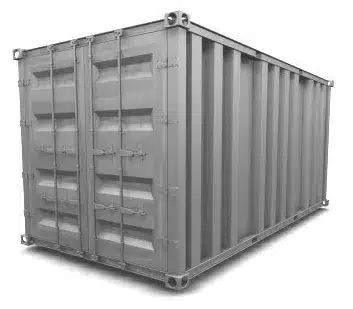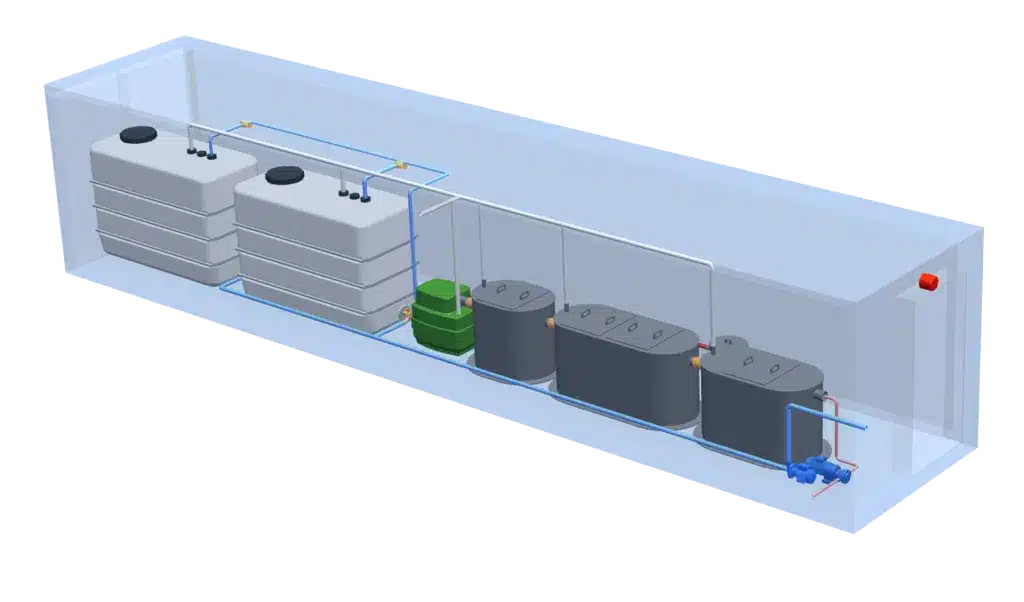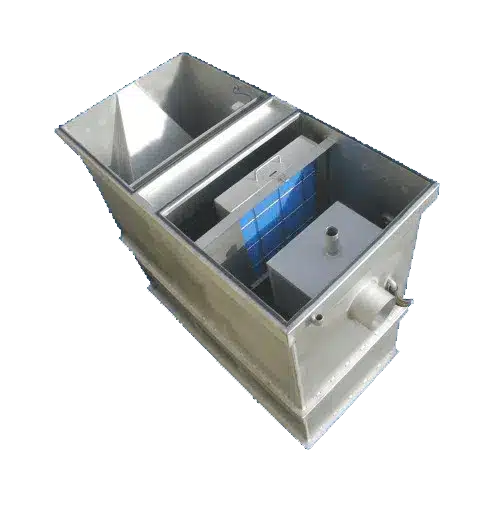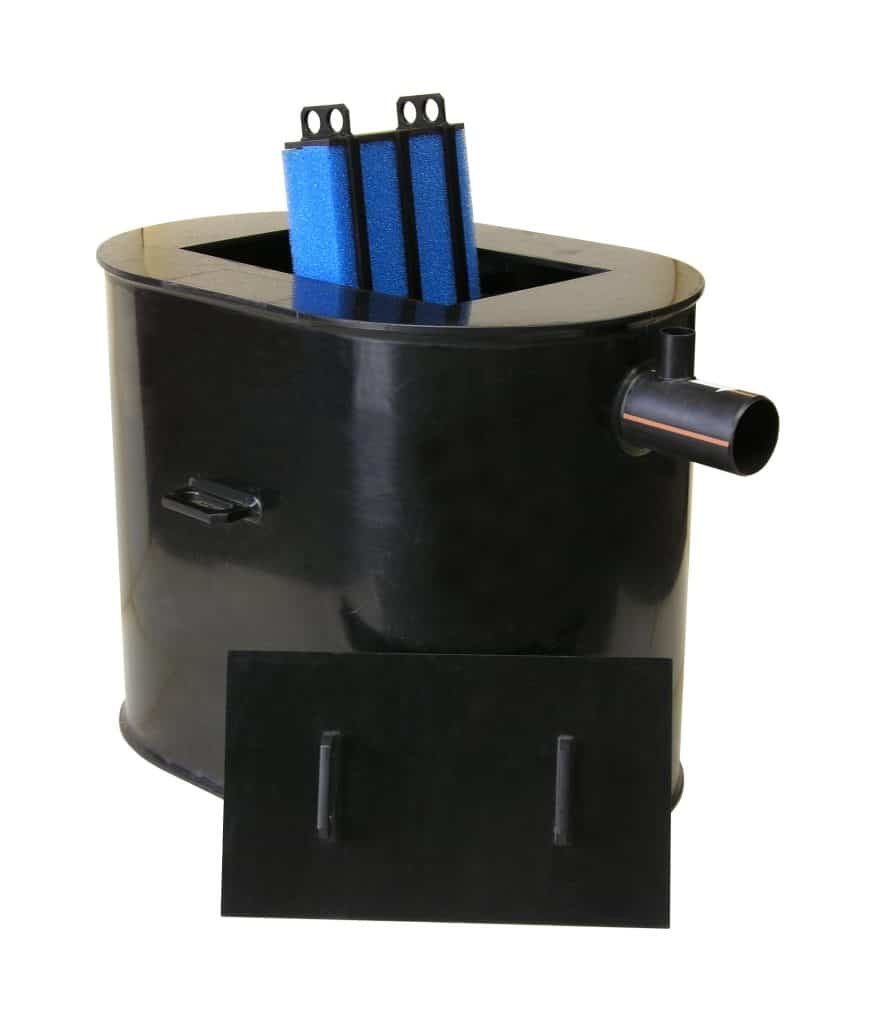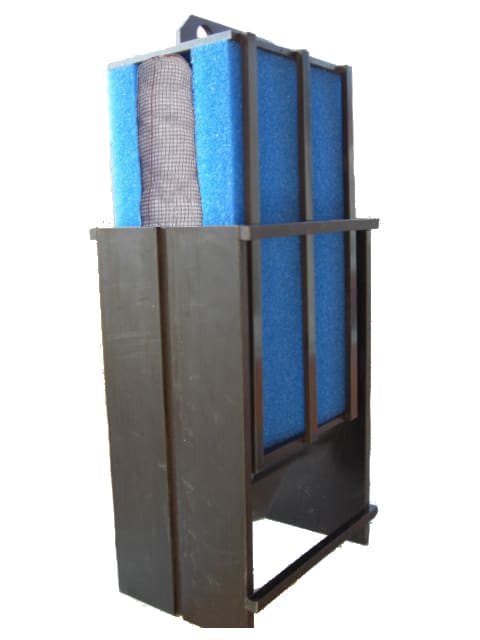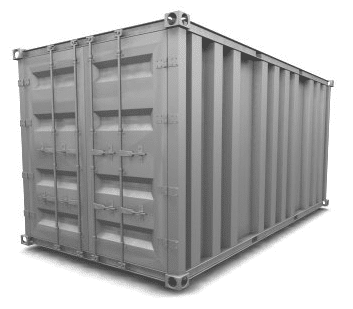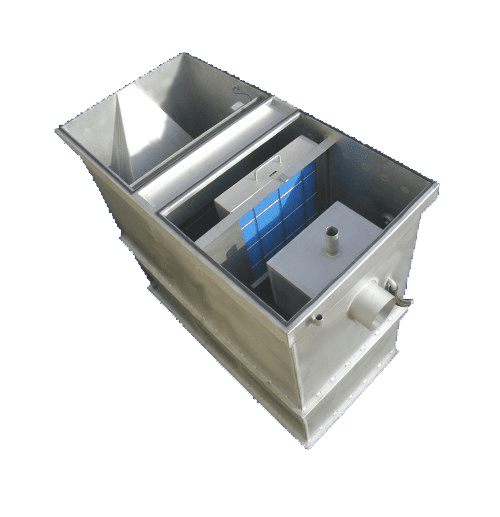Do you know about the hidden heroes in Arkansas working hard to keep our waters clean? Freytech Inc. Arkansas Above Ground OWS (OWS) are key in treating wastewater in Arkansas. They help protect our natural resources. These systems are fighting against water pollution.
In Arkansas, the Arkansas Department of Environmental Quality (ADEQ) manages wastewater. They make sure facilities with oil water separators follow strict rules. This keeps our rivers, lakes, and streams safe from pollutants. But how do these systems work, and why are they vital for Arkansas?
Key Takeaways
- Above ground OWS are essential for wastewater treatment in Arkansas
- ADEQ regulates wastewater facilities through NPDES permits
- Oil water separators remove hydrocarbons before water discharge
- Proper OWS implementation is crucial for environmental protection
- Facilities must meet strict standards to operate in Arkansas
Understanding Arkansas Above Ground OWS Systems
Above Ground Oil Water Separators are used in Arkansas to handle wastewater. They are vital for treating waste from businesses. These systems help companies follow environmental rules and protect water sources.
What are Above Ground Oil Water Separators?
Above Ground Oil Water Separators remove oil and other harmful substances from wastewater. They let oil rise to the top while clean water goes out. This is important for Arkansas industries that deal with oily waste.
Benefits of Above Ground OWS in Arkansas
These systems have many benefits for Arkansas businesses. They clean the water by taking out pollutants. This helps companies follow the rules for septic systems and wastewater management. Plus, they are simple to keep up and check, making them a good choice for many places.
Regulatory Compliance and Environmental Protection
In Arkansas, Above Ground Oil Water Separators help companies follow environmental laws. They make sure companies stick to clean water rules. By using these systems, businesses protect nature and avoid big fines. This makes them key for taking care of wastewater in the state.
Arkansas Wastewater Treatment Regulations
Arkansas is serious about managing wastewater. The state has strict rules to keep people safe and the environment clean. These rules apply to sewage disposal, decentralized wastewater management, and rural sanitation in Arkansas.
NPDES Permit Requirements
The National Pollutant Discharge Elimination System (NPDES) permit is key for wastewater treatment sites. You must give detailed info about where your facility is, how it discharges, and its treatment methods. This helps ensure wastewater is safely released into state waters.
Arkansas Department of Environmental Quality Guidelines
The Arkansas Department of Environmental Quality (ADEQ) sets the rules for wastewater treatment. These rules help keep water clean across the state. ADEQ watches over both big and small wastewater systems. They make sure everything follows environmental laws.
Onsite Wastewater System Rules
For rural areas, onsite wastewater systems are important. Arkansas has rules for where these systems go, the size of the land, the soil, and the septic tanks. These rules stop contaminated groundwater and keep people safe in places without city sewers.
Freytech Inc.’s Advanced OWS Technology
Freytech Inc. introduces top-notch Oil Water Separators to Arkansas. Their systems are leading the way in protecting the environment. They can separate oil from water to a level of 5 PPM, which is way better than the 10 PPM limit in North America.
For places with tiny amounts of emulsified oil, Freytech’s separators can get down to 0.1 PPM. They work well with different types of oil like motor, diesel, gasoline, and jet fuel. Arkansas businesses can count on these systems to follow strict environmental laws.
Freytech’s Oil Water Separators are key to keeping Arkansas clean. They make sure wastewater is clean, helping businesses follow state and federal rules. This technology gives companies confidence in their efforts to manage wastewater responsibly.
Implementing Above Ground OWS in Arkansas Facilities
Setting up above ground oil water separators in Arkansas needs careful planning and execution. These systems are key for treating wastewater in Arkansas. They help make onsite wastewater systems work better. Let’s look at the main steps to put these systems in place.
Site Assessment and System Design
First, a detailed site check is needed. This helps find the best spot for the separator and its size. Engineers look at water flow, contaminants, and local rules to design the system. This planning makes sure the OWS meets the goals of decentralized wastewater management.
Installation and Maintenance Considerations
Putting the OWS in the right spot is key for its performance. It should be easy to get to for upkeep and checks. Keeping it clean and replacing parts as needed keeps it working well. Training staff on upkeep ensures the system stays efficient over time.
Monitoring and Reporting Requirements
Arkansas says you must check the OWS often. You need to keep records of how the system works, upkeep, and what it discharges. These reports show you follow state rules and NPDES permits. Keeping track of things helps with treating wastewater in Arkansas and protects the environment.
Conclusion
Arkansas Above Ground OWS systems are crucial for treating wastewater in the state. They help facilities follow strict environmental laws and protect our water. With advanced technologies from Freytech Inc., businesses can lead in protecting the environment.
It’s important to set up and maintain OWS systems right. Regular checks and upkeep keep them running well for a long time. This helps Arkansas achieve clean water and environmental safety goals. It’s a wise choice for businesses wanting to protect nature.
As Arkansas advances, Above Ground OWS systems will become even more important for managing wastewater. They are a practical solution for many industries, like food processing and manufacturing. By using these systems, Arkansas businesses can set an example in responsible water use and caring for the environment.
These separators are crucial in storm water systems. They process runoff to meet the US EPA’s Clean Water Act standards. With effective oily water treatment, facilities protect the environment and dodge big fines.

